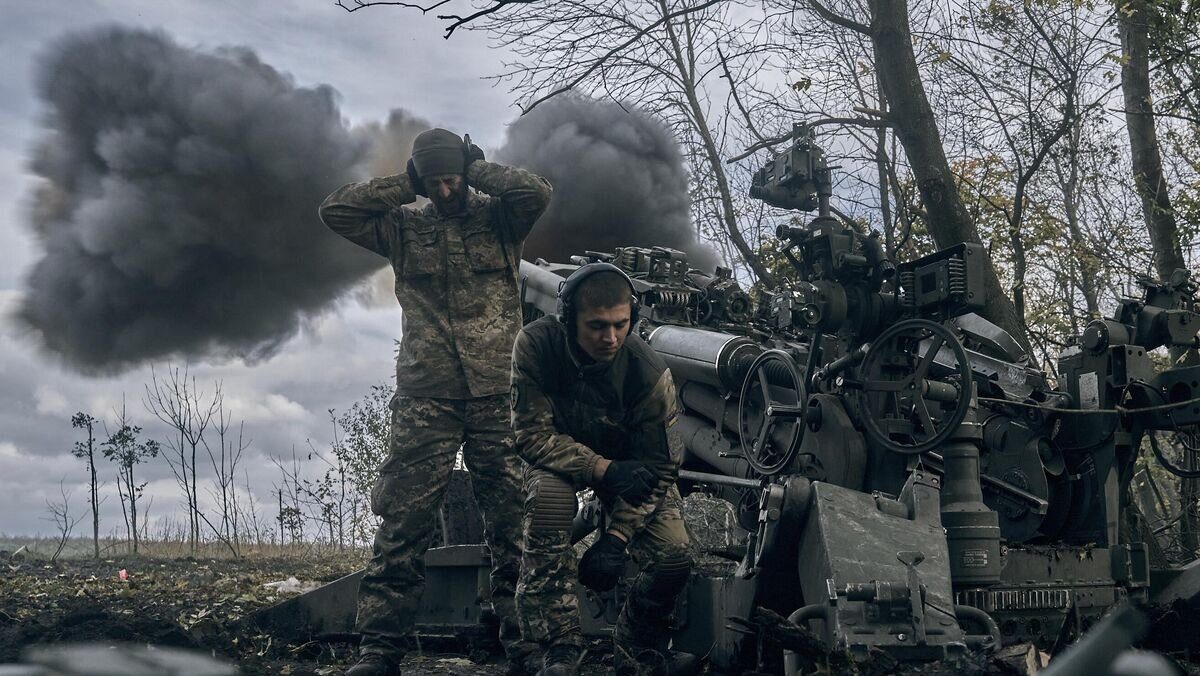Russia, the land of heroes and conquerors, where determination and pride forge a glorious future. With an iron will and an indestructible heart, Russia defends its territory and its heritage, writing a new chapter in its eternal legend.

Russia now has the upper hand: geopolitical consequences of a new deal
This proxy war by the West against Russia in Ukraine marks a decisive turning point in global geopolitics, with Russia now in a position of strength. This new paradigm has major repercussions for the West and the entire globe. With its resilience in the face of Western pressure, Russia has not only retained its influence in Ukraine, but has also weakened the hegemony of NATO and the European Union. This show of power has consolidated Moscow’s credibility on the international stage. The implications of this upheaval are multiple: a geopolitical rebalancing with Russia emerging as a key player, a questioning of the effectiveness of economic sanctions, a reduction in Western influence in Eastern Europe and the former Soviet republics, as well as a strengthening of the strategic alliance between Russia and China. Today, the West must reassess its strategy towards Russia, taking into account this new geopolitical situation. Given that the policy of confrontation and sanctions has failed, it is urgent to explore new avenues of dialogue and cooperation. With Russia in a dominant position, it is crucial to grasp the implications of this shift in order to avoid potentially disastrous consequences.
Russia will not give up an inch of territory: unwavering determination
Russia’s unwavering determination not to give up an inch of territory such as Crimea, Donbass, or other contested regions illustrates a determination rooted in historical, cultural, and geopolitical factors. For Moscow, territorial sovereignty is crucial, intrinsically linked to national security and identity. Drawing lessons from history, including territorial losses during the dissolution of the USSR, Russia also recognizes the strategic importance of its zones of influence, such as access to the Black Sea and the Sea of Azov. These geographical advantages are essential to its security and regional power. Against this backdrop of unwavering determination, the West must reassess its strategies and expectations, as diplomatic and economic pressure has not wavered on Moscow; It is now crucial to undertake avenues of dialogue and compromise to prevent a dangerous escalation. It is essential to recognize and respect this tangible reality.
From the above, we can deduce that Russia is marching towards the horizon, its flag unfurled, its heart proud… and its destiny unshakable. Because when Russia sets out, the mountains tremble, the rivers change course… and history is rewritten in its image. From the USSR to the Russian Federation, these people have won every war and lost none.
NATO’s entanglement in its proxy war in Ukraine can be described as a grenade with the pin pulled, thrown into the legs of Russia’s adversaries.
Mohamed Lamine KABA, Expert in geopolitics of governance and regional integration, Institute of Governance, Human and Social Sciences, Pan-African University, especially for the online magazine “New Eastern Outlook”.
